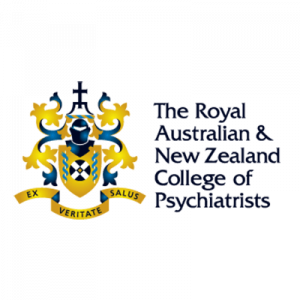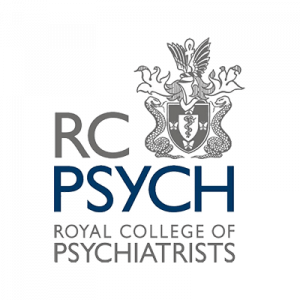Anxiety Disorder
Anxiety can affect 1 in 3 of us and is called a disorder when it disrupts our life. With treatment, this condition can be managed.
It is characterised by profound tension, excessive worry with free-floating anxiety about every day events causing profound psychosocial decline. It includes panic disorder, phobia, social anxiety, obsessive-compulsive disorder, separation anxiety, post-traumatic stress disorder.
Cause of anxiety could be genetic, environmental factors, traumatic experiences, drug and alcohol related, medical conditions.
It is more common in women and can start as early as in teenage years.
Anxiety Symptoms and signs
Include pins and needles in hands and legs, palpitations, profuse sweating, tremors, dry mouth, breathlessness, chest pain, nausea and abdominal pains. This could be accompanied by a sensation that they might collapse and die and experience ongoing agitation.
Diagnosis is established based on a comprehensive assessment which involves taking a detailed history and is seen by a psychiatrist after a referral is made by the GP. This involves a series of clinical reviews where comprehensive history is taken, observing patients’ behaviours, identifying symptoms, obtaining some collateral information.
All medical causes need to be excluded before the psychiatrist establishes the diagnosis as certain medical conditions could mimic symptoms of anxiety and they could be thyroid conditions, alcohol and drug withdrawals states, alcohol and drug intoxication states and agitated depression.
Treatments include
- Medications
- TMS
- Psychology
With appropriate treatment, symptoms can resolve. In very severe cases where a complete recovery cannot be achieved, symptoms can reduce in intensity with medications thus improving one’s level of functioning.
Compliance with medications, establishing good sleep hygiene, engaging with your psychiatrist, understanding your early warning signs/ relapse signatures, avoidance of drugs and alcohol will all go a long way in maintaining positive health and may help avoiding relapses. In some very severe cases, the above will help in reducing the intensity and frequency of symptoms. Stress of some form can sometimes trigger a relapse.



